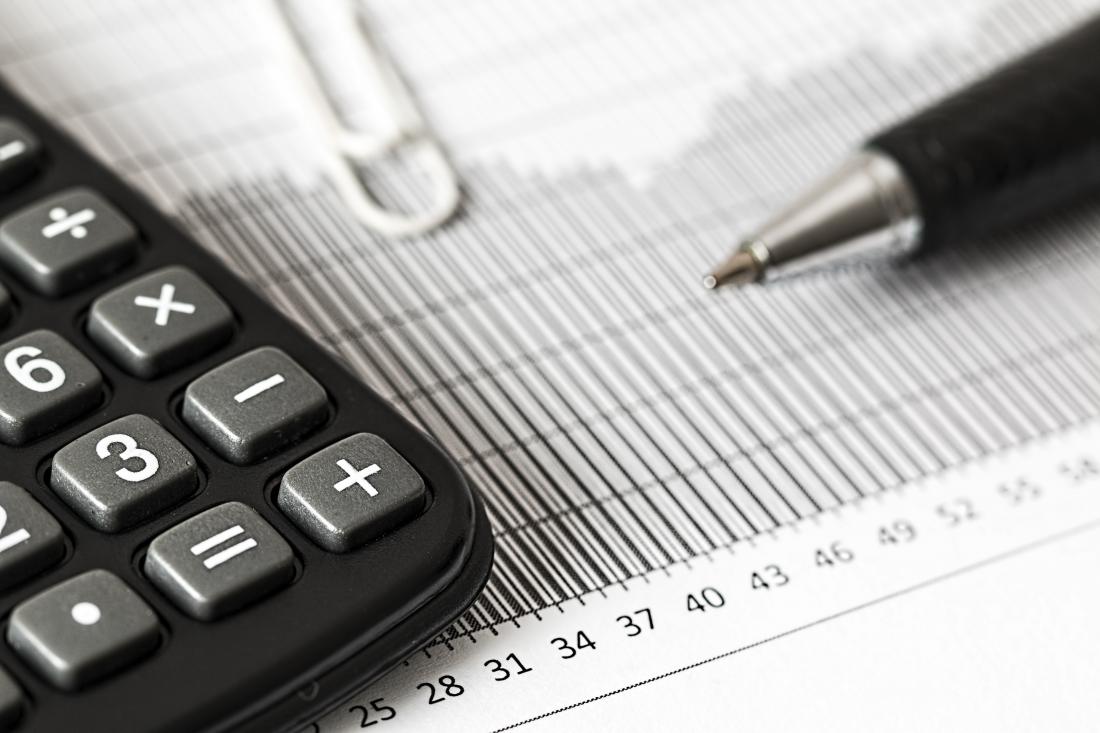
As real estate usually makes up a large proportion of a company’s assets and the value of the transactions are usually quite high, it is important for any seller or buyer to think about the tax implications of any transfer or grant of interest in a property. Aside from SDLT (Stamp Duty Land Tax) which will affect the buyer, and CGT (Capital Gains Tax) which will affect the seller immediately and the buyer upon a subsequent sale, the VAT implications of a property transfer immediately affects both the buyer company and seller company.
VAT is chargeable on a ‘supply’. In property a ‘supply’ can be;
- Transfer of the freehold – VAT paid on purchase price.
- Transfer of the leasehold (assignment) – VAT paid on the unexpired term of the lease.
- Grant of a lease or underlease – VAT paid on the lease premium and/or rent.
The general rule is that property transactions are exempt supplies. That being they are not subject to VAT. If the seller would like the transaction to be VATable, they will make an election to the HMRC to tax the property. There is one exception to the general rule, in cases where a new building has been constructed and within 3 years of its construction it is sold as freehold land, VAT will be charged compulsorily.
By charging VAT on a transaction, the buyer can use any VAT it has charged on its services or product (‘output tax’) to set off the VAT paid on the property transaction (‘input tax’). The seller can also use the VAT they receive from the transaction to offset any VAT they pay in other areas of their business.
As you can see, the buyer company claims back the VAT in the reverse way of the seller company. The seller is very much in control in this situation, if they have a lot of input tax, selling a property is a large transaction that could provide plenty of output tax to help set off their VAT liability at the end of the tax year.
Conversely, the buyer will have to use future cash flow to set off their input tax from the property transaction. If the buyer is scheduling a reduced or lack of cash flow in the period after the transaction, there will be a delay in when they can claim the tax back or if the company is to fold or never have the necessary cash flow, they will not be able to claim the tax back.
So, how do you approach the VAT situation in a sale of a legal estate interest in property? It is vital that both sides to the transaction know whether VAT will be charged on the purchase price/premium/rent. Commonly in commercial contracts of sale and leases the ‘Purchase Price’ or ‘Annual Rent’ will be expressed as ‘excluding VAT’. If this caveat is not included, it could be assumed that the price stated includes VAT and if VAT was indeed charged, the seller would lose 20% of that purchase price to tax (if VAT is charged at the standard rate). Even if the transaction is initially going to be non-VATable, the price stated should in most cases state it is exclusive of VAT as a situation can arise where a property is elected for VAT after negotiations and correspondence has begun.
There is more, if the sale is part of a sale of a business it could be classified as a transfer of a going concern (ToGC). If the conditions are satisfied, the transaction is neither a supply of goods or a supply of services and so is not VATable. As well as this, VAT applies to any SDLT paid on the property. Yes, that’s right, it is a tax on a tax! However, ToGC transactions and the correlation between VAT and SDLT can be explored in a later blog post.
This being said, solicitors are not tax advisors but VAT on commercial property is a crucial part of the conveyancing process and is something which solicitors will undoubtably have to deal with.
If you are involved in a commercial property transaction and would like to find out more, please contact our property team on 01494 521301.